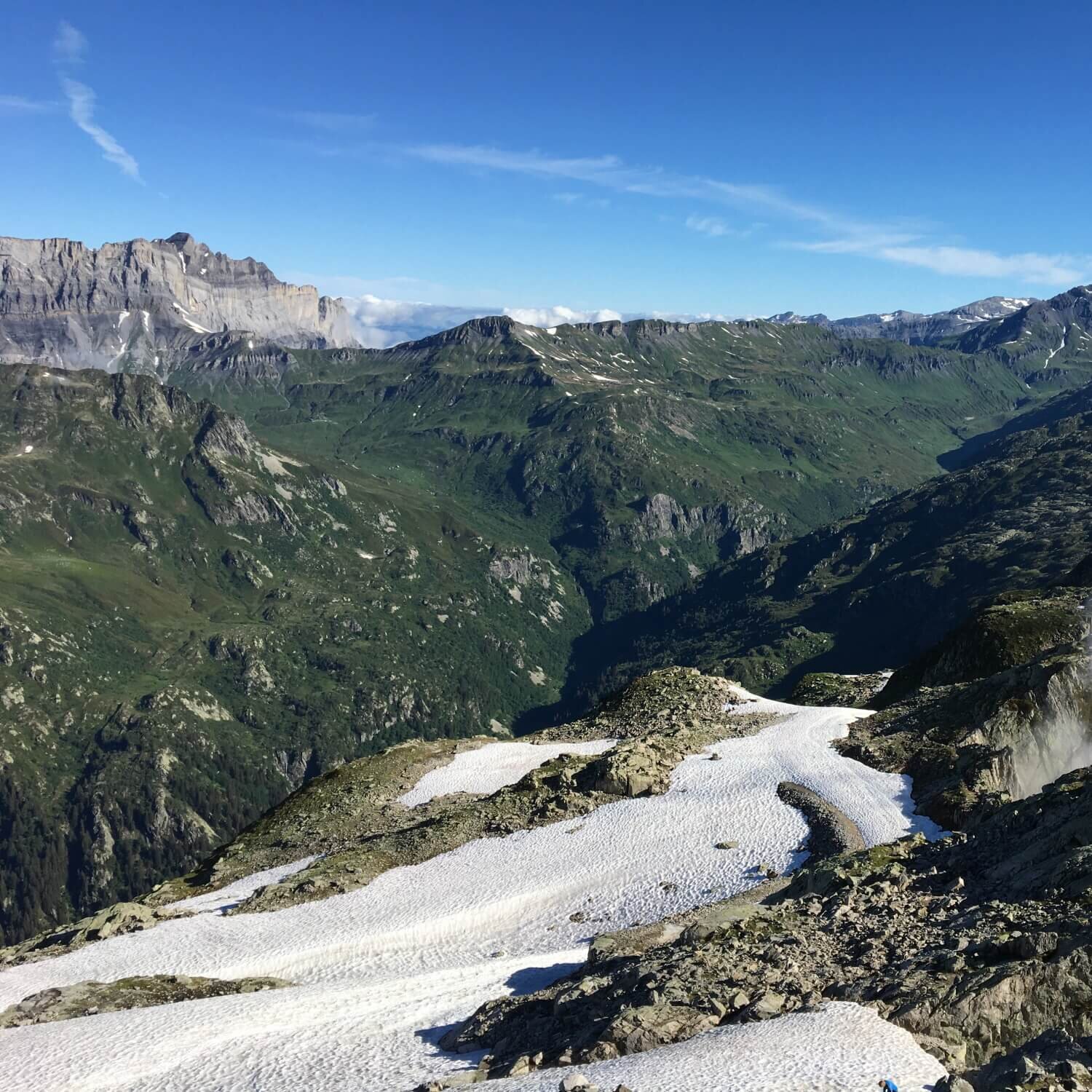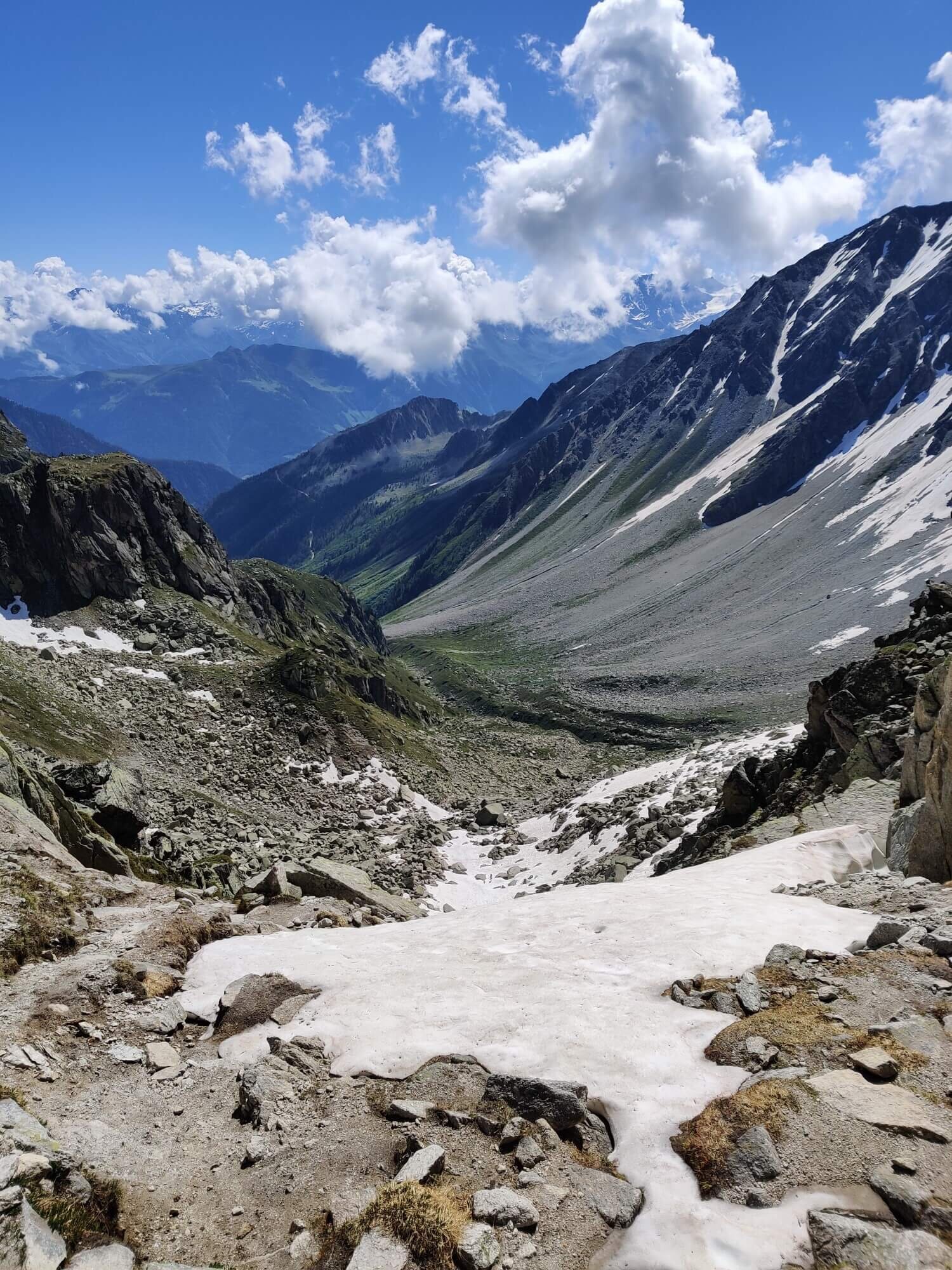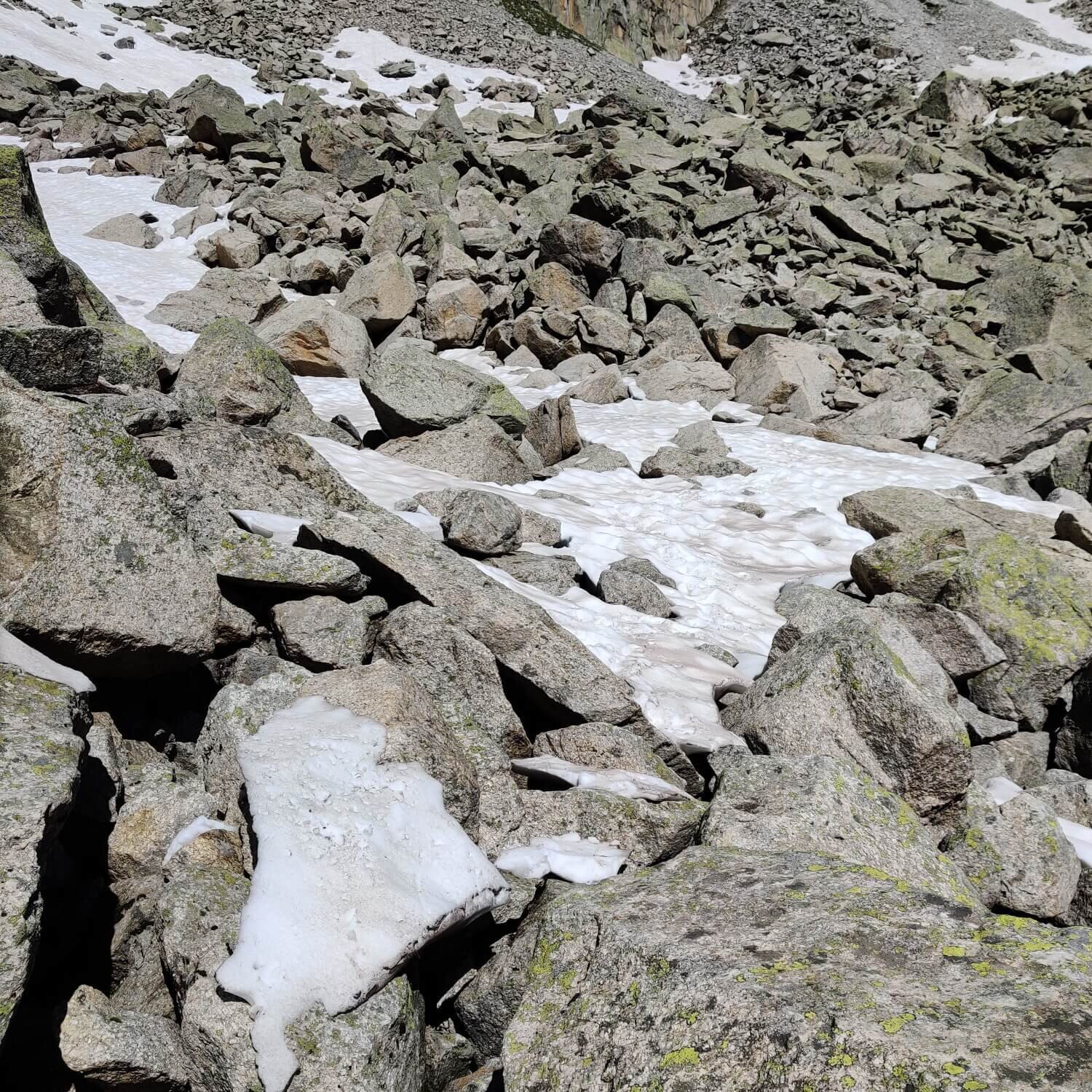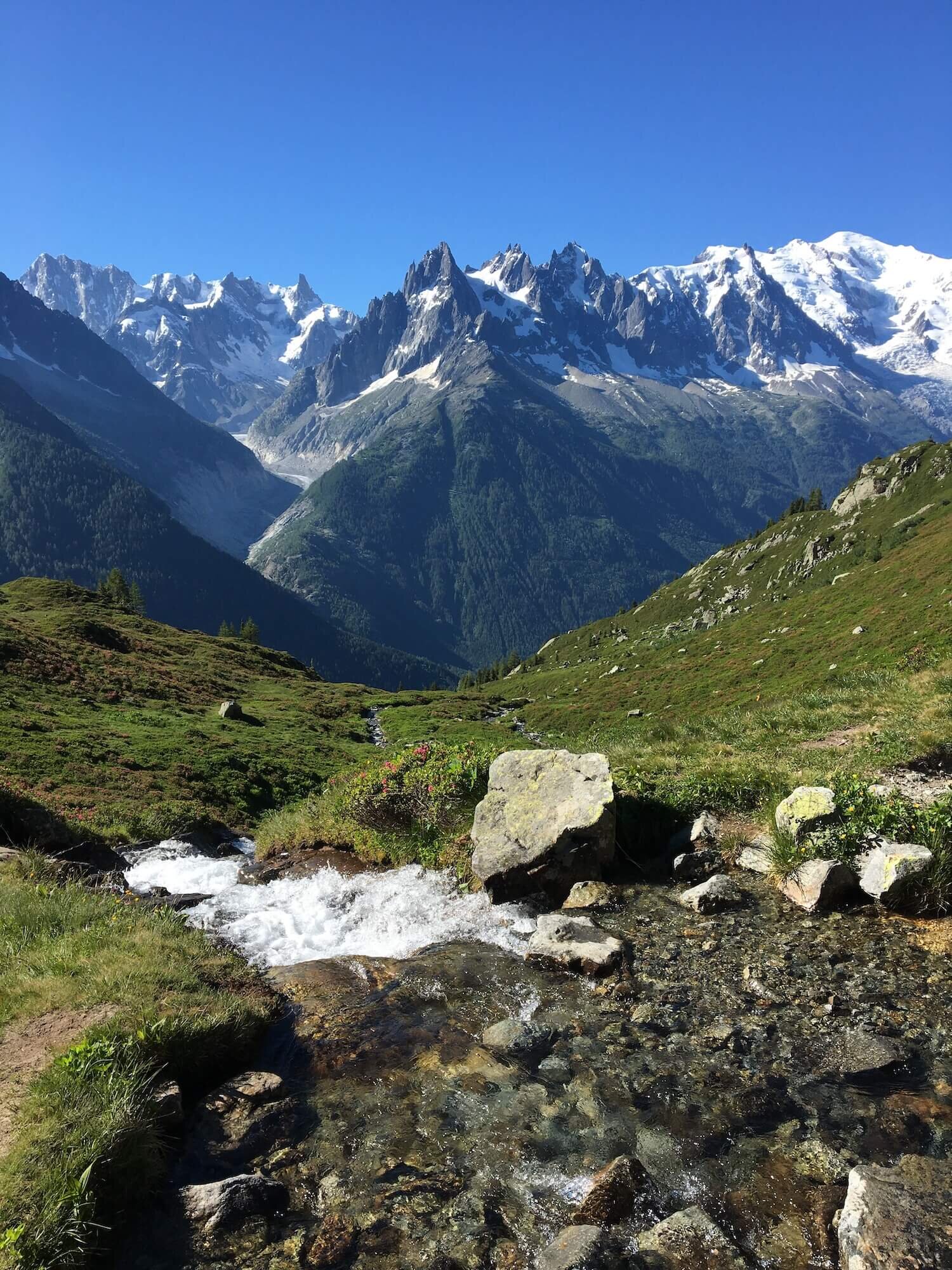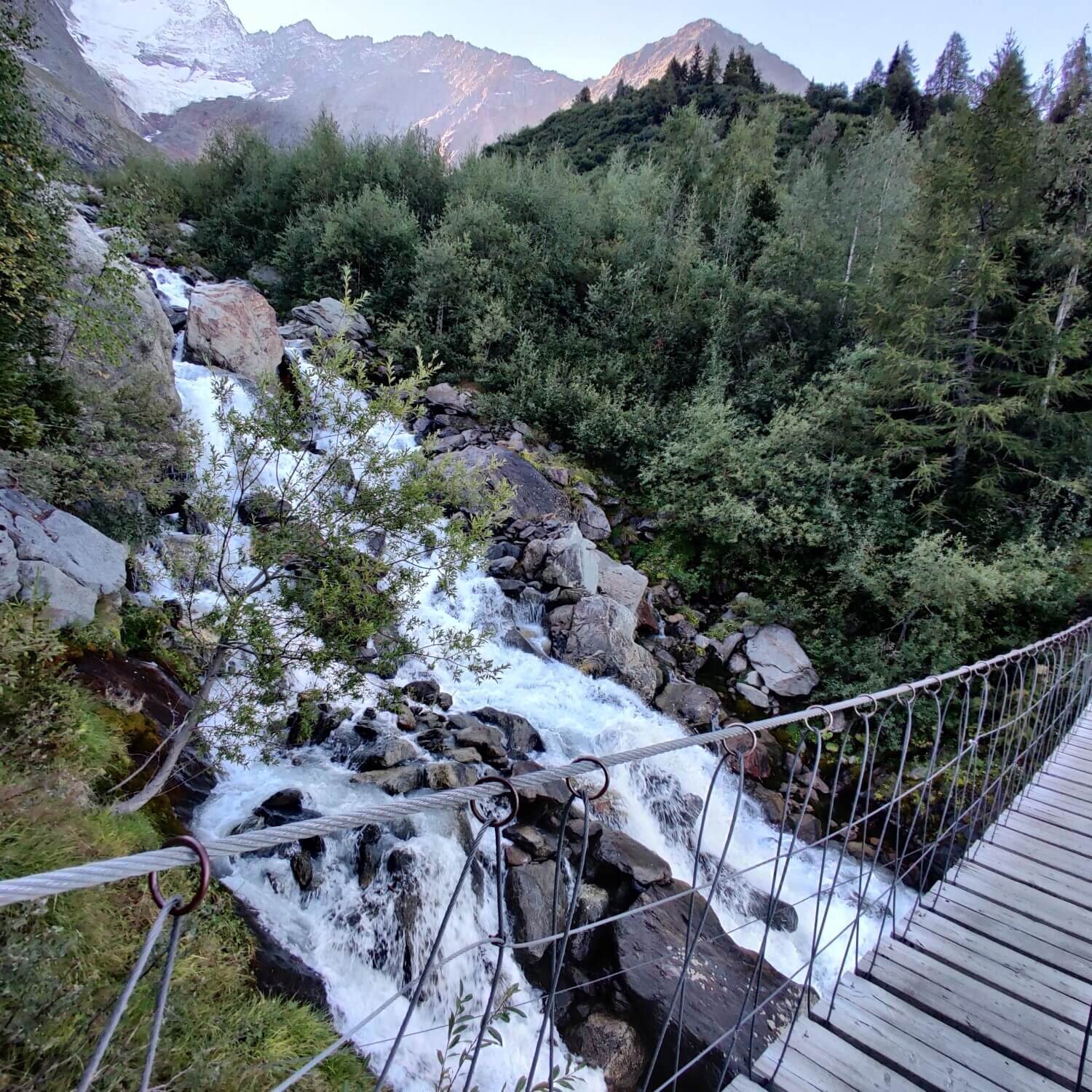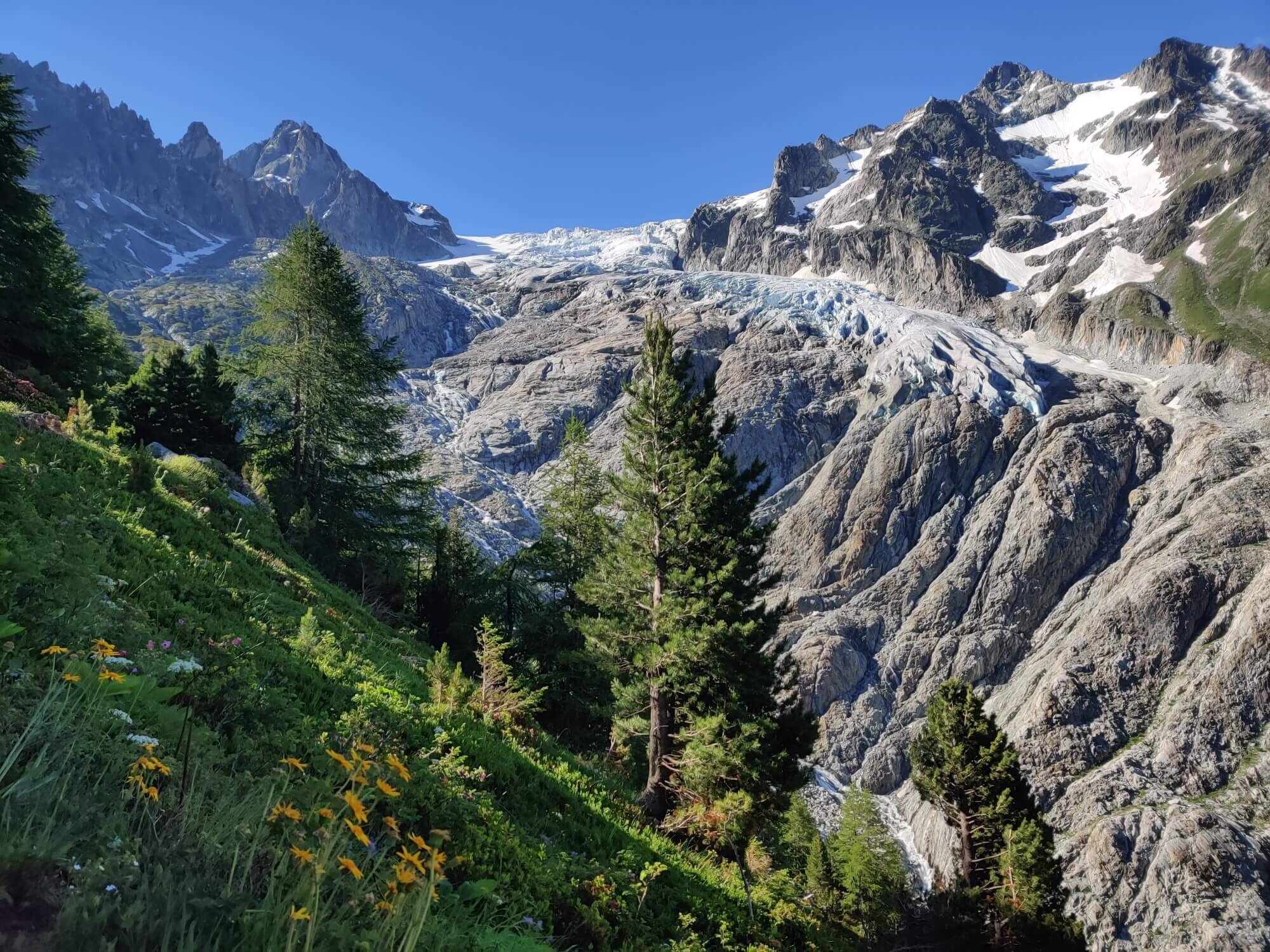June was a quiet month on the Tour du Mont Blanc due to COVID-19 uncertainty and travel restrictions preventing many early season hikers from reaching the trail. This led to less information being shared online about the trail making it hard to get a sense for how rapidly the snow was melting and conditions improving.
We’ve been out on the trail to check out the conditions and confirm any closures in the last week. In general, the trail conditions are excellent but there are still a few sections with challenging snow cover and accommodation options that will be closed for the season. Read on to find out more.
TOUR DU MONT BLANC TRAIL CONDITIONS
Identifying where snow is still covering the trail is always the focus of June and early July updates. The general guidance at the moment is that some snow is still present (but rapidly receding) above 2,300m (7,550 feet) on north facing slopes. There are always exceptions in sheltered/shaded areas where a build up of snow has occurred. The following sections of trail lie above 2,300m (7,550ft), but only a few still have challenging snow sections:
SECTIONS ABOVE 2,300M ON MAIN TMB TRAIL
Up to Col du Bonhomme: One snow patch on mild sloping trail. No specialised gear recommended
Col du Bonhomme & Col de la Croix: Some snow patches on flat and mild sloping trail. No specialised gear recommended
Snow between Col du Bonhomme and Col de la Croix
Col de la Croix to Les Chapieux: Some snow patches on flat and mild sloping trail. No specialised gear recommended
Col de la Seigne: Some snow patches on flat and mild sloping trail. No specialised gear recommended
Mont Favre Spur on Val Veny balcony: Some snow patches on flat and mild sloping trail. No specialised gear recommended
Grand Col Ferret: Some snow patches on flat and mild sloping trail. No specialised gear recommended
Col du Brévent & Le Brévent: Snow covered trail. Hiking poles recommended, microspikes for those who don’t have good balance. For those that want to avoid this section, catch the cable car between Le Brevent and Plan Praz.
Le Brévent and Refuge Bellachat: Some snow patches on flat and mild sloping trail. No specialised gear recommended
Snow between Col du Brévent & Le Brévent
SECTIONS ABOVE 2,300M ON ALTERNATIVE/HIGHLIGHTS TMB
Col de la Croix to Col des Fours: Some snow patches on flat and mild sloping trail. No specialised gear recommended
Snow between Col de la Croix to Col des Fours
Col des Fours to Val de Glacier: Snow covered trail on steep sections. Hiking poles and microspikes recommended
Snow between Col des Fours to Val de Glacier
Col Sapin & Tete de la Tronche: Some snow patches on flat and mild sloping trail. No specialised gear recommended
Fenetre dÁrpette: No snow on the Trient side. No snow at the top/steepest section on the Arpette side (trail is on the left side of the snow in image above). Snow covering trail in two sections across boulders - mild slope but hikers need to accept the risk of deep post holing if choosing this route while snow remains. No specialised gear recommended
Refuge Lac Blanc: Some snow patches on flat and mild sloping trail. Hiking poles recommended
With warm weather forecast for the next week and an increased number of hikers tramping the trail, the risks associated with snow on the Tour du Mont Blanc should be gone by mid July.
TOUR DU MONT BLANC trail Updates
COVID-19 has caused the biggest impact to a TMB hikers experience on the trail this year and there are a few closures to be aware. The key updates are;
Secure bookings ahead of time
Huts have reduced capacity by as much as 50% in shared sleeping spaces to ensure physical distancing measures can be maintained. The alpine clubs in Switzerland, Italy and France have all made it a requirement for hikers to have a booking
Sleeping bag, not liner for France
There is a requirement for hikers staying in French alpine club (FFCAM) refuges this year to bring their own sleeping bags, as blankets for warmth are not being provided. Some private refuges in the French section that are following the FFCAM guidance may also adopt this rule. The alpine clubs of Italy and Switzerland have not put this rule in place and will continue to supply blankets for warmth so only a sleeping bag liner is required here. If you are staying in any mountain huts or dorm rooms, check their requirements for sleeping bag liner vs sleeping bag to ensure you’re prepared.
Sign a charter for hiking in France
A "hiker's charter" has been established in France this year. The charter lists the various COVID-19 health and safety measures and requires hikers to sign it as proof they acknowledges and agree to adhere to the rules. Refuges on the trail have been tasked with sending out and collecting signed charters for all their guests.
Bring and use a face mask
It is mandatory to wear a face mask on public transport and cable cars. Even if you don’t intend to use any transport on your tour, ensure you have a mask in case blister or injury force you to do so.
Shops and supermarkets recommend that you wear a face mask in their stores. You’ll see locals using them and therefore as a courtesy to keeping them safe, ensure you do the same
Most huts will also require face masks to be worn in shared and confined spaces where the physical distance requirements can’t be maintained
Socialise and Overtake at a distance
Although hiking would seem like the perfect activity to do away from others, the Tour du Mont Blanc trail is still a magnet for adventurers. Maintaining over 1m of physical distance when overtaking or passing those coming towards you isn’t easy to do in some narrow sections of trail. Do your best to pick your places to overtake and cross paths with others, even if it takes a little more patience then normal
Stopping for a social chat is also something to be conscious of. I’ve found that many hikers this year will greet you from a distance then turn away as you cross paths to prevent breathing in what you’re breathing out. Mountain passes or trail sections with lots of space are the best spots to engage in conversation, just be understanding that others may be more anxious than you about maintaining physical distance and not be their usual social self.
Closures for the 2020 season
Rifugio Elena is closed for the season due completing urgent maintenance work. Initially, they were only planning to stay closed until the end of July but have recently confirmed it would now be for the season. The alternative accommodation options are Chalet Val Ferret or Rifugio Bonatti further clockwise or Gite Alpage de la Peule further counter Clockwise.
Refuge les Grands is closed for the season due to being unable satisfy the COVID-19 requirements. They will be serving drinks on the patio but no overnight stays are possible. The Alternative accommodation options are Col de la Balme Refuge further counter clockwise or Hotel Col de la Forclez further clockwise
Chalet Pierre Semard has announced they will be closed for the summer season 2020. This is a popular camping spot. La Borne in Tre-la-Champ is the best alternative option and has the added convenience of being on the Tour du Mont Blanc trail.
Is hiking the Tour du Mont Blanc in 2020 still worth it?
Ummm…Absolutely! The adventure is still as incredible as ever before
